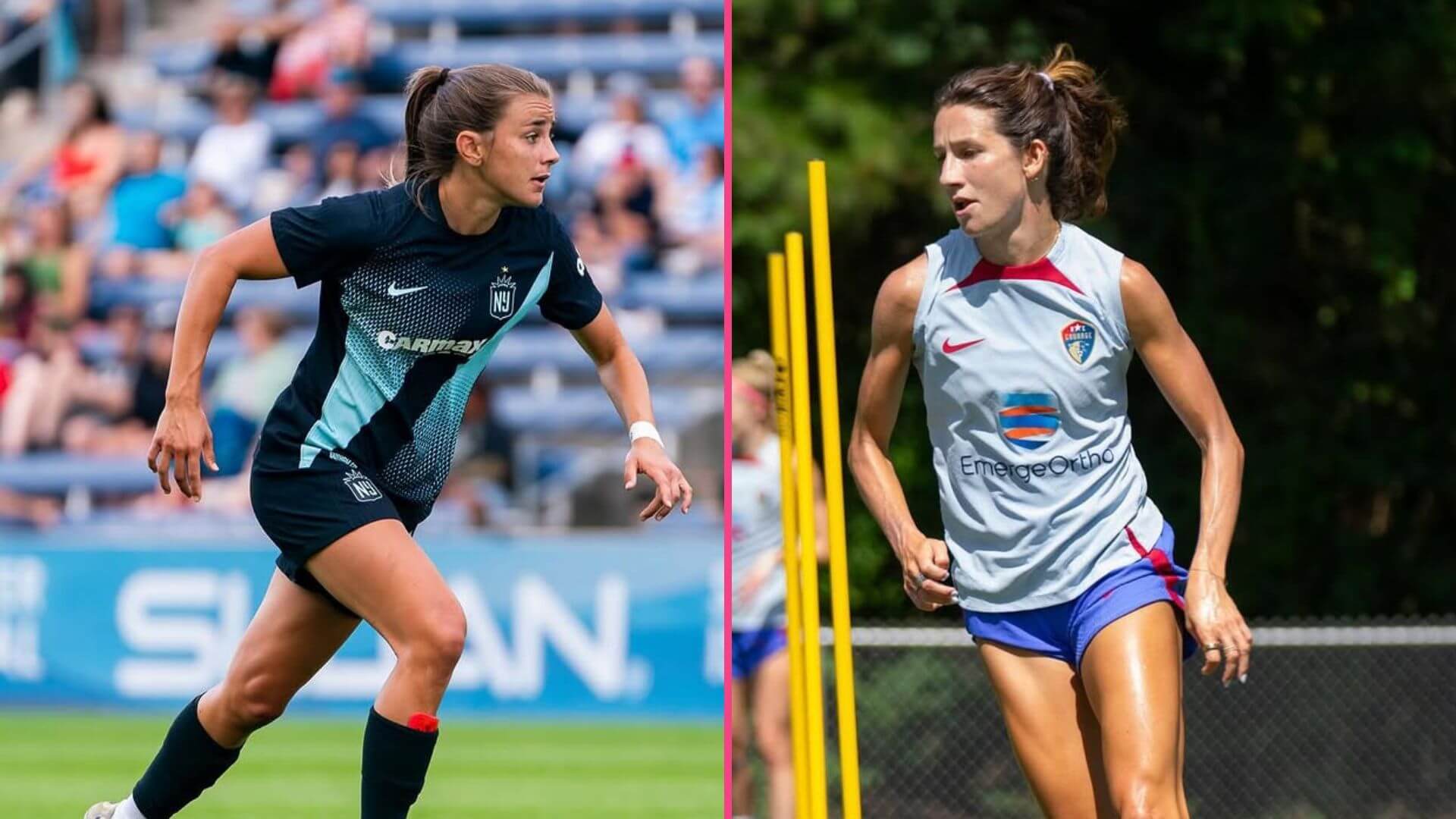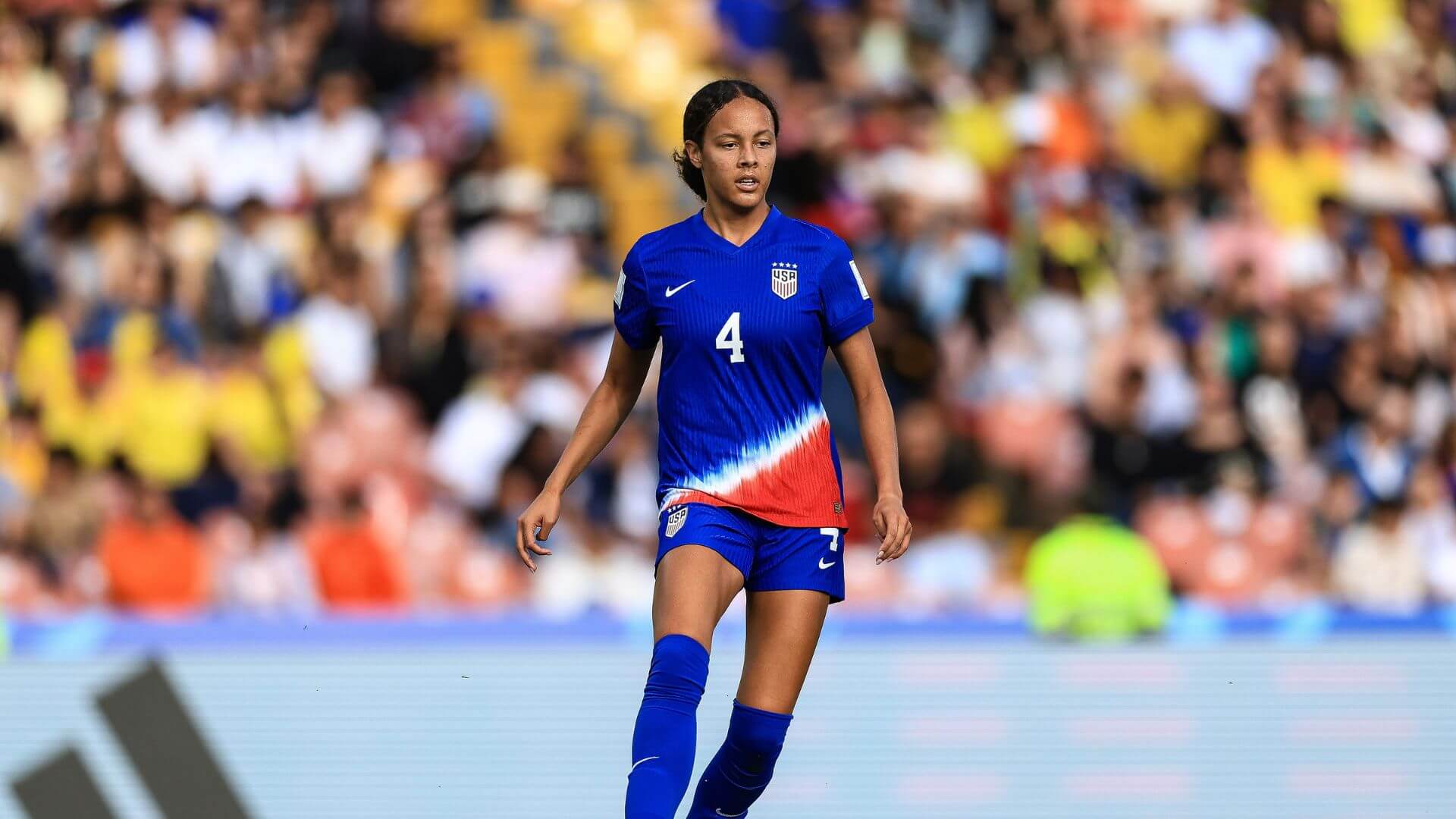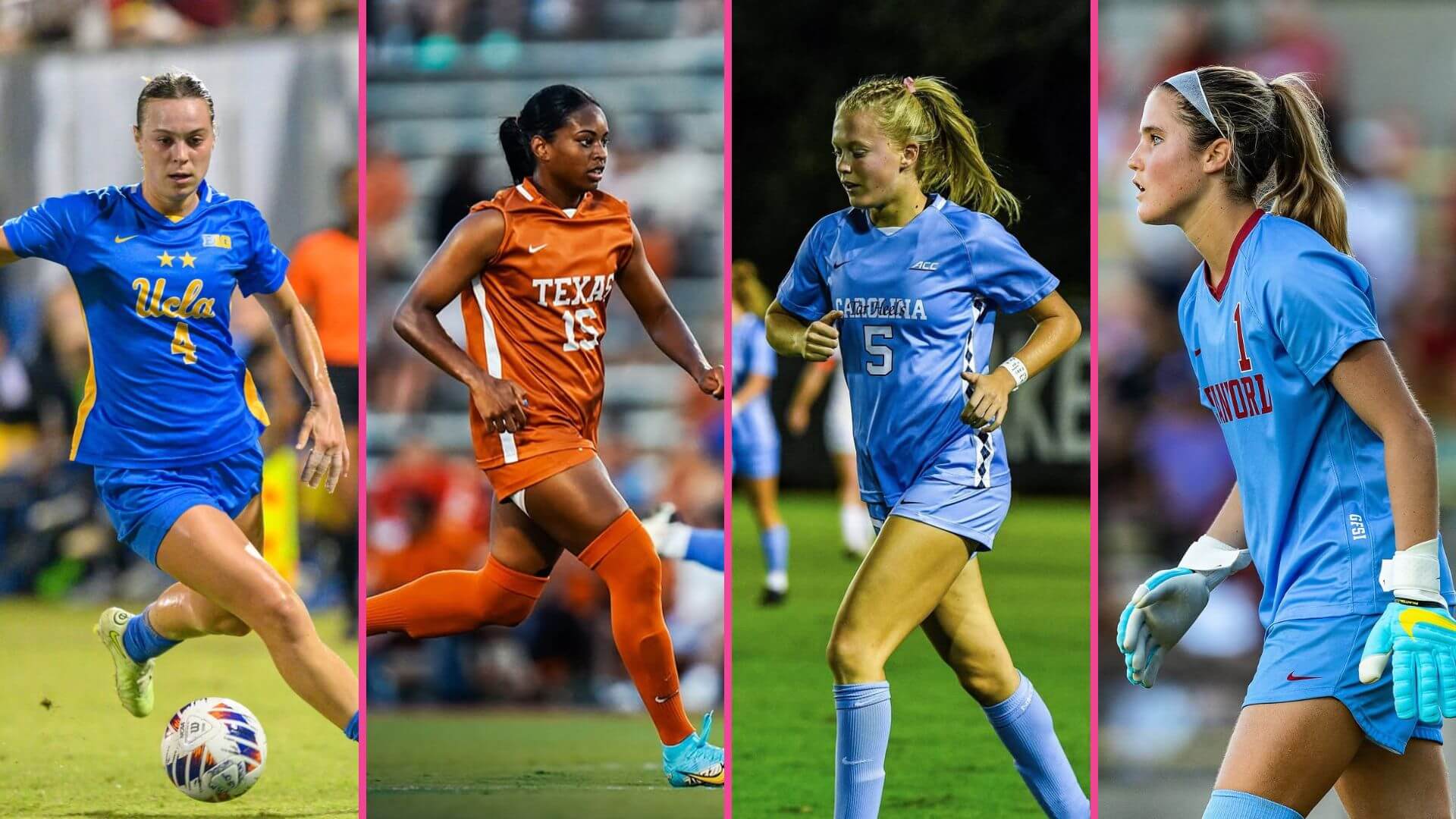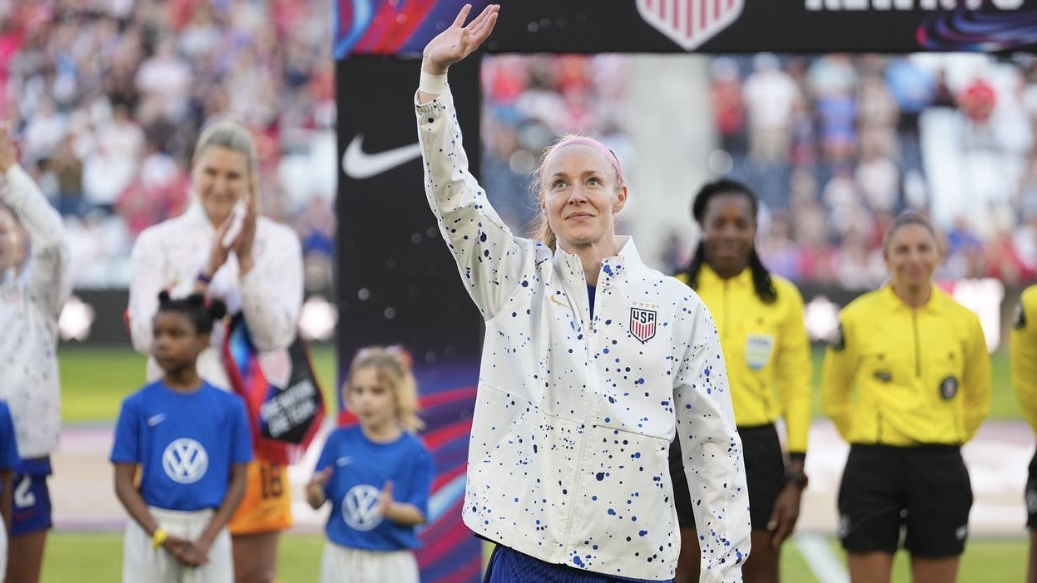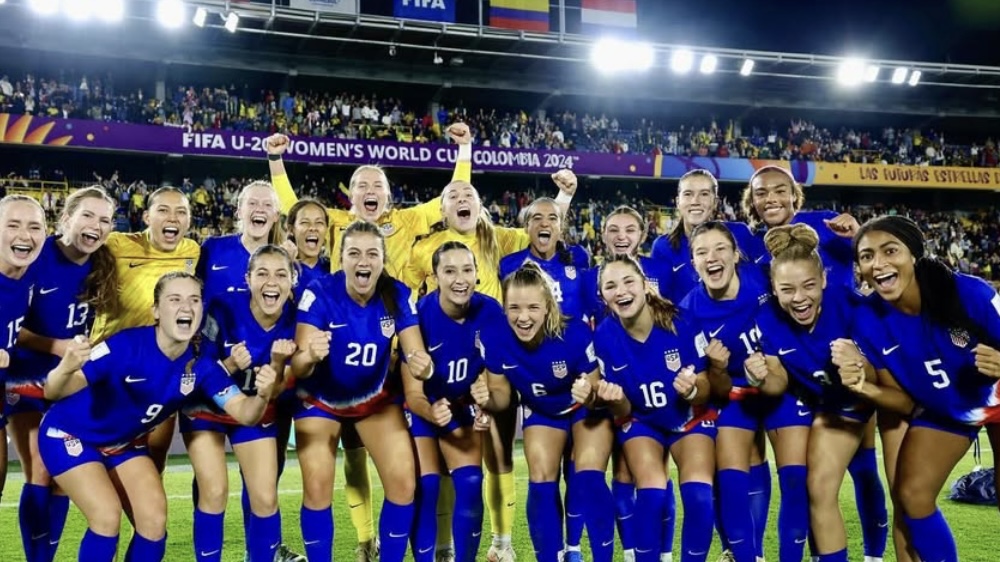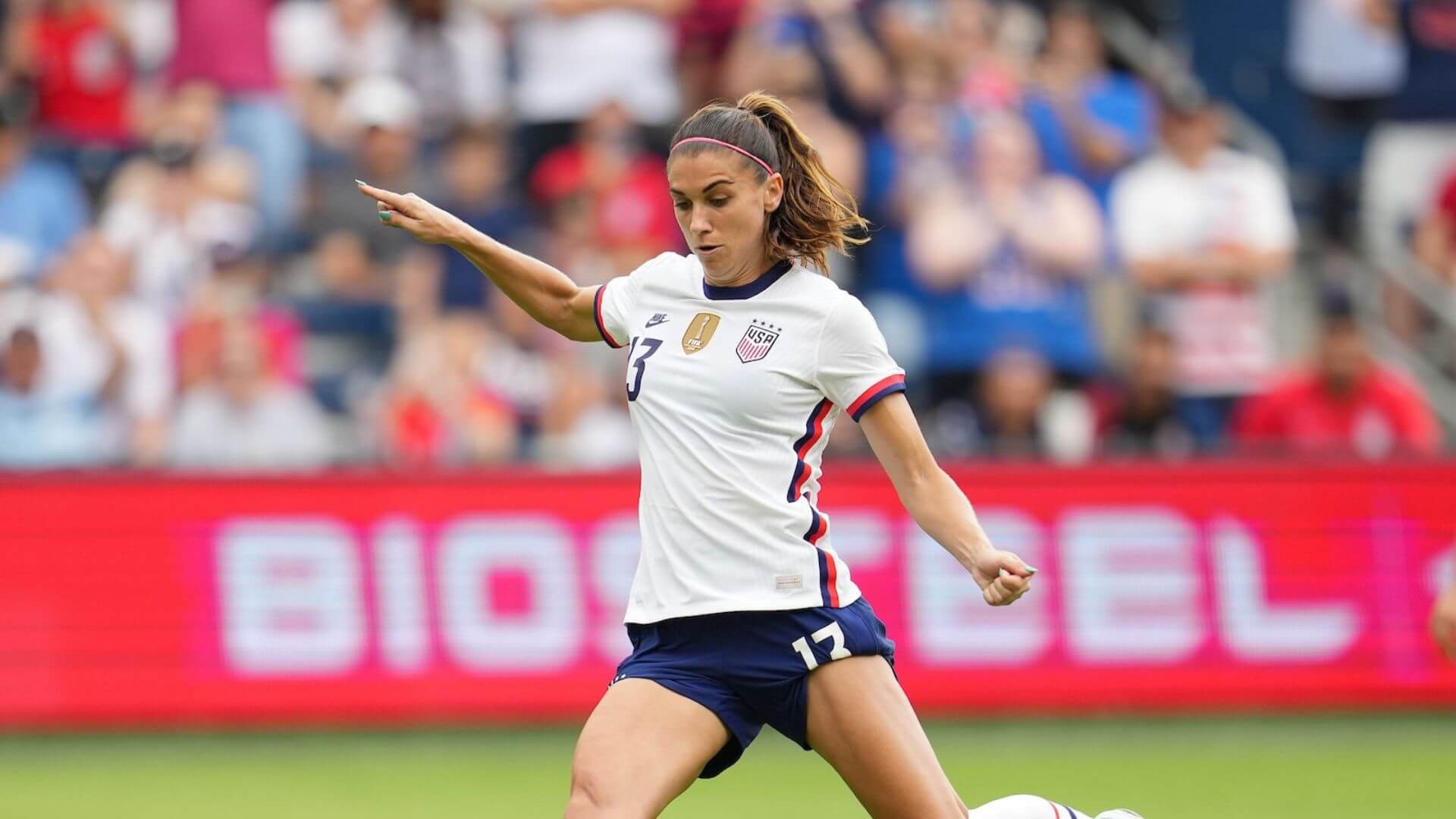A Player and Coach’s First-Person Account on Soccer Sexism
I started playing soccer when I was five years old. My dad played and started coaching my sister and me in the backyard. The first “travel” team I ever played on was a boys’ team. It was fast-paced, and I loved it. My coach treated me as an equal and taught me so much.
Comments from parents on the sidelines were a different story. I can remember hearing a mother of a kid on my team yelled out, “don’t let the girl take the throw-in.” I am grateful my dad talked to me about these things and told me that they couldn’t hold me back, and they didn’t.
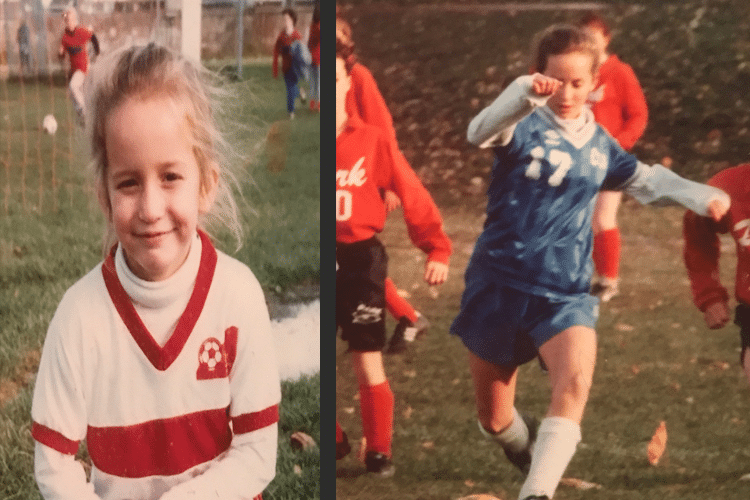
But I became aware of something at a very young age that I couldn’t put into words then, and I feel hesitant to put it into words even now. What it comes down to is sexism/misogyny in many forms that female athletes and coaches have to deal with in a sport that’s meant to empower us.
In light of the stories that are surfacing now about coaches inappropriately treating and coercing players, I’d like to share some of the experiences I’ve had as an athlete and coach and encourage others to do the same. Our experiences and feelings about them are valid.
Objectification of our bodies
While I was playing, female bodies and fitness were discussed as if they were interchangeable spaces for critique/criticism. I wasn’t surprised, at the time when I was growing up, that some of the women’s national team players who I looked up to had eating disorders, something I also struggled with under the pressure and objectification that is all too common in women’s soccer.
I was once told it looked like I was “beefing it up at the dinner table,” and I’d “better watch it, or I wouldn’t be able to run around on the soccer field.” A male coach commented, when I was 13, that I “gained an ass” over the summer. Another male coach told me I finally looked fit after I’d been out ten days with the flu.
“PTE” is a term that always stuck out and sticks with me. A male coach shared what this meant while I was a college athlete. It was what coaches apparently looked at while they were recruiting, “the potential to explode.” We’re not talking about speed or temperament here. This is all about our bodies. What the coach was referring to was about a perceived possibility for future weight gain.
One time the coach of an ivy league school where I was recruited asked me if I knew what 69ing meant.
On a recruiting visit, I was put in the care of a player that got so drunk at a party that she had to be taken to the hospital. I was left alone, and a 22-year-old on the men’s soccer team took me to his house and tried to convince me to have sex with him. I asked him to take me back to where I was staying. He followed me into the apartment, and I proceeded to have to fight him off my body off and on for five hours. I finally screamed and flailed so loud that he got nervous someone would hear and left me alone. By the next morning, when I saw the coach of the women’s team, he had already been told a different version of the story. He said to me, “I heard you had a great night with Tim,” while laughing with his colleagues. As a 16-year-old in that situation, I was mortified and did not have the tools at the time to communicate to him what had actually happened.
Inequity in coaching
As a player turned coach, I’ve definitely experienced subtle to obvious things on the training field that were based on gender. For one, I was paid less than male coaches who had the same level of licensure as me, and in that circumstance, I was also told I was making too much compared to other coaches.
Another strange thing I encountered in the coaching world was having to “fight” for equal quality field space. I’ve coached at clubs and schools where, before every session, I’d have to point out the discrepancy allotted to the male coaches and boy’s teams, as opposed to my team. This never went over well, but I did it consistently because it was the just thing.
Unfortunately, with referees, I’ve experienced many who would not acknowledge me as the coach; some never even made eye contact and would only address my male managers. Usually, I can feel this sort of energy immediately, and while I’m mostly non-confrontational, it sometimes would spur me on to be more vocal, which didn’t usually work in my favor. Like I said, sometimes it’s simply a feeling that there is a lack of respect.
Which also came from multiple fathers of girls I coached. I was told by one angry dad how many times I stood up and sat down during a game and that he didn’t like “the little dance” that I did on the sidelines. On another occasion, a father stormed across the field at me and was extremely aggressive, and I had to make sure he was never allowed back to a game. I cannot imagine these things happening to a male coach.
Non-violent communication in coaching
I’ve coached both girls and boys, from high school to college to club. It was my passion and pleasure. I loved to do it and was mostly surrounded by male coaches and bosses in that world. For the most part, I’ve had decent relationships with them and feel the majority I coached with were considerate and truly cared about the girls.
Many men I’ve coached against; however, it was a very different story. Cringe-worthy commentary from male coaches to their girls. Men that smell like beer–coaching barefooted at tournaments. One coach yelled, “if you don’t start running faster, you don’t want to know what I’ll do to you,” and another to a player, “that’s my baby.” So much of what I’d hear is not acceptable. A six-foot-five male coach crossing the halfway line to give some loud, anxiety-ridden instruction, and when his player didn’t execute, he yelled obscenities at her so loud right near my bench. I had to ask him to please get on his side of the field. It seems that the idea of non-violent communication has not been implemented in coaching, and I’ve always felt uncomfortable watching male coaches who are coaching females and speaking in such patronizing, aggressive, or disrespectful ways. I’m also shocked by the lack of conversations and deep inquiry about this topic and about what is required to really teach these players, yes, about the sport, but also about life.
How are we relating and talking to them? How are we building them up for a life of empowerment rather than a life where they feel berated, belittled, or objectified?
Trust your gut
These are the questions, seeds that need to be planted to wipe out sexism in soccer, which isn’t always overt. In fact, in my experience, much of what I’ve felt “funny” about gets easily brushed off or talked/explained away. As a former player and coach, I felt it was important to blow this whistle. I encourage all players who feel like they are being treated or spoken to in a way that makes them uncomfortable, objectified, or coerced in any way to trust their gut on this topic, speak to someone they can trust immediately, and know that they’ll be supported.
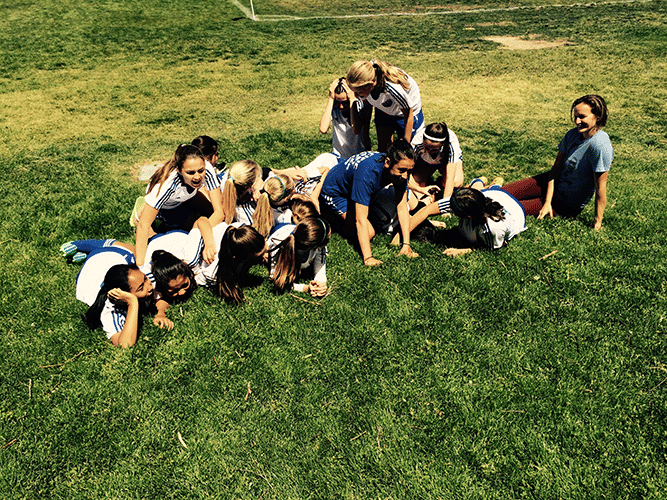
_
GIRLS SOCCER NETWORK: YOUR SOURCE FOR GIRLS SOCCER NEWS
Girls Soccer Network
Your source for girls soccer news
Related Content
Breaking Down the USWNT’s Future Stars Roster
19 College Soccer Standouts Who’ve Signed in the NWSL So Far
The Unsung Legend: Celebrating Becky Sauerbrunn’s Soccer Journey
10 Top Under-20 Soccer Players to Pay Attention to in 2025
Veganuary: 5 Women’s Soccer Players Who Swear by a Vegan Diet
Recommended Content
It seems we can't find what you're looking for.



